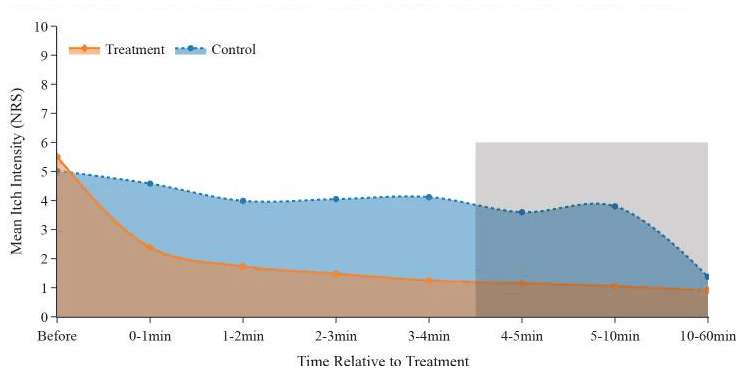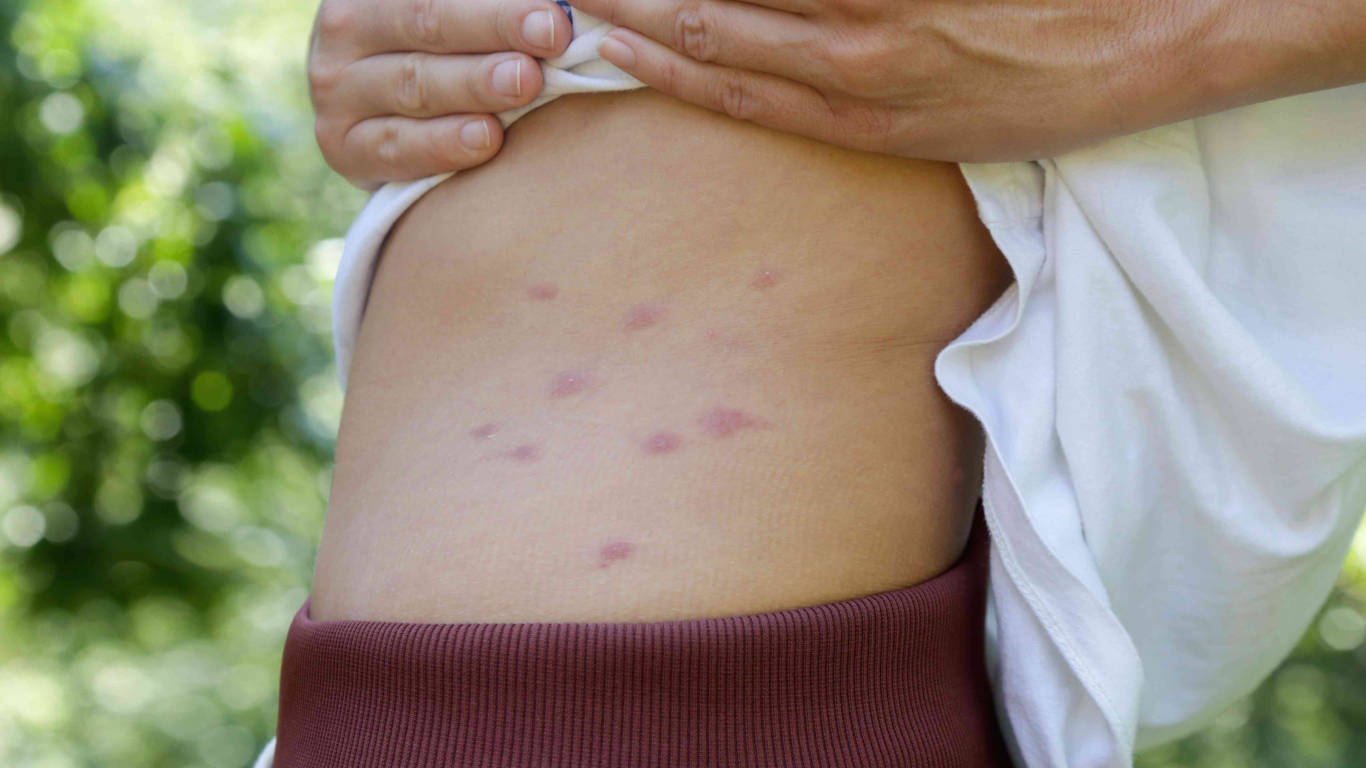Mosquito bites are a universal annoyance, causing itchy, red bumps that can linger for days. While traditional remedies like antihistamines and cold compresses are widely recommended, some turn to heat-based solutions, including so-called “heat pens” or thermal devices, to alleviate the itch. But are these methods effective, and what’s the science behind them? Recent studies provide insight into the efficacy of concentrated heat, offering a mixed picture that balances potential relief with cautionary notes.
The Science Behind Heat and Mosquito Bite Relief
Mosquito bites trigger an inflammatory response due to salivary proteins injected during feeding, which release histamine and other mediators that activate itch-inducing nerve endings (pruriceptors) in the skin. Research suggests that applying concentrated heat—typically between 47°C and 51°C for 3 to 10 seconds—can interrupt this process. A large real-world study involving 1,750 participants and over 12,000 mosquito bite treatments, using a smartphone-controlled device like heat it®, found that heat reduced itch by 57% within the first minute and 81% within 5–10 minutes. This effect was more significant than in a control group that delayed treatment, indicating heat’s potential to provide rapid relief.

The mechanism likely involves counter-stimulation of sensory nerves. Heat activates nociceptors (pain receptors) on Aδ and C-fibers, which overlap with pruriceptors, effectively masking the itch signal. Studies also suggest that heat may denature mosquito saliva proteins, reducing histamine release, and desensitize TRPV1 receptors—key players in itch perception—through repeated stimulation. A controlled trial comparing a thermo-therapeutic device (51°C for 5 seconds) to a placebo (42°C) confirmed that heat significantly reduced itch intensity, with a mean reduction starting within one minute and dropping to less than one-fifth of baseline levels after 30 minutes, outperforming the placebo.
How Heat Pens Work
Heat pens, available as pen-like devices or smartphone USB attachments, deliver localized heat (50–60°C) via a ceramic or metal plate for a brief period. This mimics the action of devices like Bite Away®, used in clinical studies. The heat is thought to neutralize inflammatory proteins and suppress histamine-driven blood flow, leading to symptom relief. An open cohort study at German bathing lakes, involving 146 participants, showed that a 51°C application for 3–6 seconds reduced mosquito bite itch from a VAS score of 5 to 0 within 10 minutes, supporting the idea that heat pens can offer fast-acting relief.
HSA / FSA Eligible Heat Pens at Amazon
- bite away – The Original Electronic Bug bite Treatment for Mosquito Bites
- Beurer BR10 Insect Bite Healer with Clip
- Beurer BR60 Insect Sting and Bite Relief
- Beurer BR90 Insect Sting and Bite Relief with Light
- Bite Helper Mosquito and Bug Bite Relief
- Insect Sting and Bite Relief, 2-in-1 Bug Bite Relief with Suction Tool
Limitations and Risks
Despite these promising results, experts caution against relying on heat pens. The relief is often temporary, with itch potentially returning after the heat dissipates, as the underlying allergic response isn’t fully addressed. A dermatologist from Stanford noted that heat acts as a counterirritant but warned of risks like burns or worsened inflammation if temperatures exceed safe limits—especially with improvised methods like the “warm spoon trick” popularized on social media. Another expert highlighted that heat increases blood flow, potentially recruiting more inflammatory cells and histamine, which could exacerbate symptoms in some cases. Clinical trials also reported no adverse events with controlled devices, but improper use of heat pens could lead to skin damage.
Expert Recommendations
While heat pens show efficacy in reducing mosquito bite itch, experts do not universally endorse them. The lack of long-term data on devices and the risk of burns outweigh the short-term benefits for many. Alternatives like cold compresses (10-minute applications to reduce swelling), over-the-counter anti-itch creams (e.g., hydrocortisone), and oral antihistamines (e.g., Zyrtec) are safer and more effective for sustained relief. Natural remedies, such as baking soda paste or colloidal oatmeal baths, also offer gentler options. For severe reactions—large swelling, fever, or hives—consulting a healthcare provider is advised.
Conclusion
Heat pens and similar devices can reduce mosquito bite itch quickly, with studies showing significant relief within minutes due to counter-stimulation and protein denaturation. However, the effect is temporary, and risks like burns or increased inflammation make them less reliable than established treatments. While they offer a novel approach backed by emerging research, heat pens are best used cautiously—or avoided in favor of proven, safer alternatives—until more comprehensive studies clarify their long-term impact.
Note: Always follow device instructions and consult a healthcare professional for persistent or severe symptoms.
